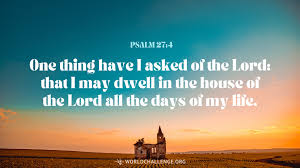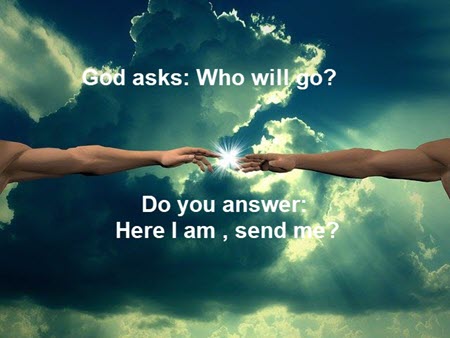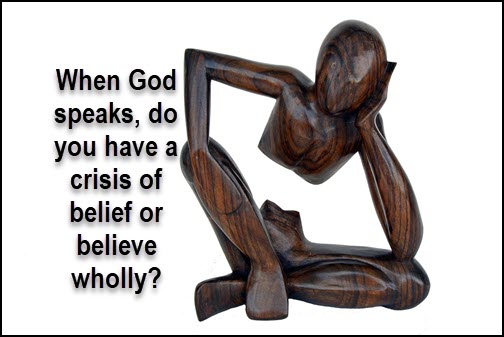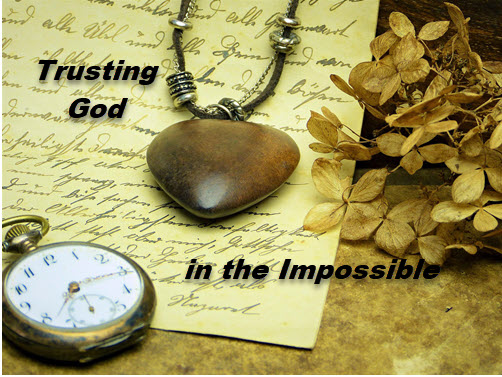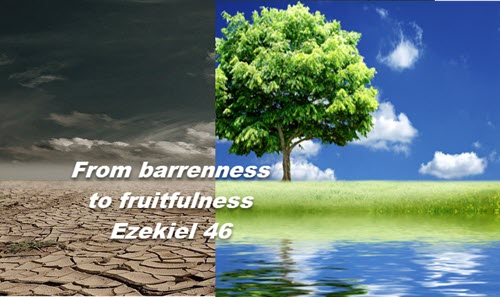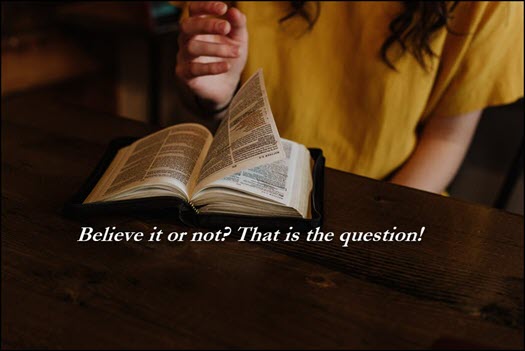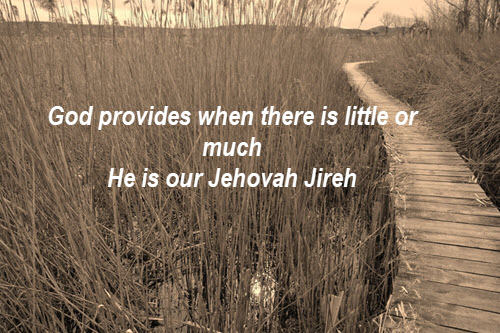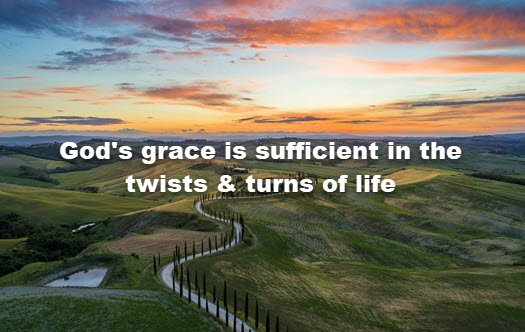The Heart of the Matter
Mark 11 Fruit or Fruitlessness We read this story of the barren fig tree and Jesus banishing it, leaves us with a bitter taste in our mouths, but Jesus was teaching about what looks on the outside is not necessarily or on the inside. What the disciples, and us, see is just a tree with leaves […]


